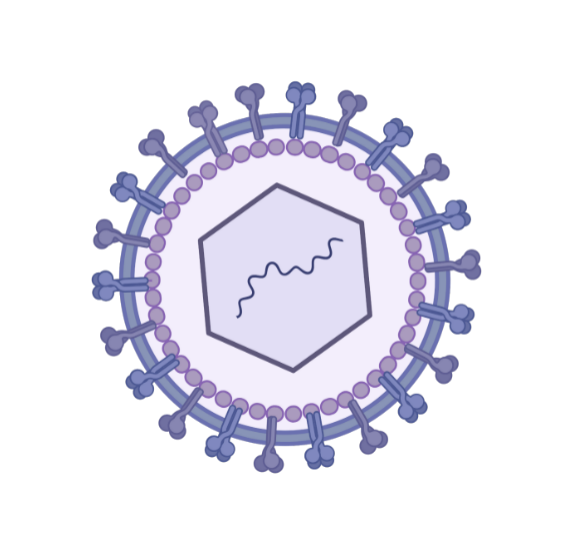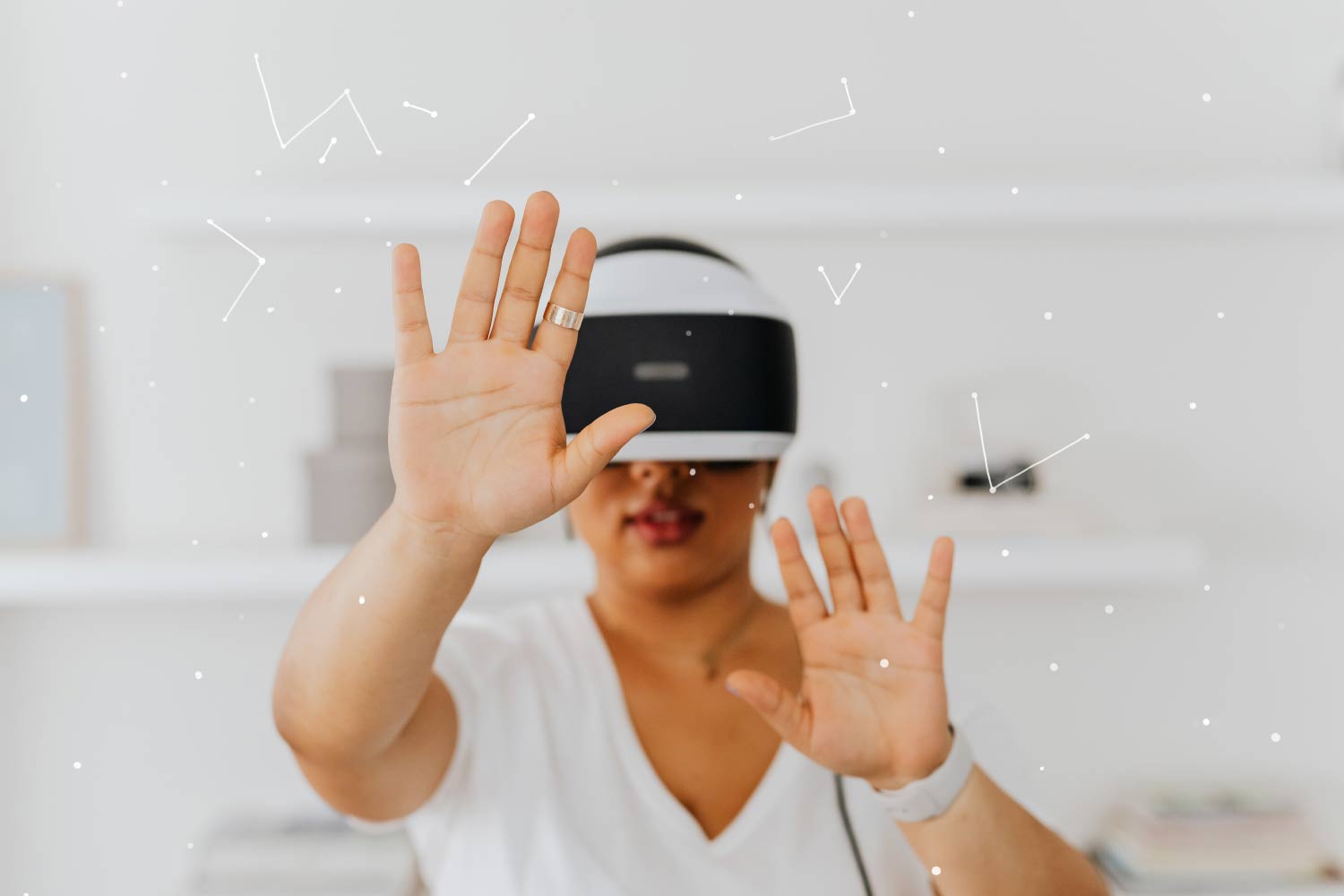The Future of Drug Discovery: The Role of Artificial Intelligence
The application of artificial intelligence in the field of drug discovery is undergoing revolutionary changes, and its role and function are increasingly prominent, bringing unprecedented opportunities and challenges to drug research and regulation.
Firstly, artificial intelligence can quickly screen potential drug molecules through deep learning algorithms, which is more efficient than traditional methods and directly reduces research and development costs. In the clinical trial phase, AI technology can monitor patient data in real time and predict efficacy, optimize experimental design, and thus improve the success rate of the trial. In addition, the use of machine learning algorithms for predicting side effects has also to some extent alleviated the adverse reactions caused by drugs.
In terms of data generation, the application of AI in drug development has made data quality issues more apparent, prompting some AI drug discovery startups to seek new sources of data, such as building their own laboratories to obtain data, outsourcing the “wet experiment” part to CROs to obtain data, and using remote robots to produce data. This indicates that the demand for high-quality big data from AI in the future will drive the automation and large-scale generation of drug discovery data.
In the field of antibody drug design, AI technology is fundamentally changing the way drugs are developed. By using a large amount of known antibody sequence data, AI models learn the structural and functional patterns of antibodies, enabling them to design new antibodies from scratch. This process is faster than traditional methods and can explore a wider range of possibilities. This method not only accelerates the speed of antibody design, but also opens up new possibilities for various diseases.
In addition, the application of AI technology in drug development also involves data sharing, data governance, and policy and guideline guidance. Pharmaceutical companies are attempting to form alliances to conduct AI based drug research and development, while national and international organizations are also issuing relevant policies and guidelines to adapt to the challenges of this emerging technology.
In summary, the application of artificial intelligence in the field of drug discovery is constantly deepening and expanding, from screening drug molecules, optimizing clinical trials, designing antibody drugs to data management and policy guidance. AI technology is reshaping the entire process of drug development, providing new directions and methods for future drug development.
September 2, 2024
The Future of Drug Discovery: The Role of Artificial Intelligence
Share on:
Facebook
Twitter
Pinterest
WhatsApp
Recent posts
We recommend


